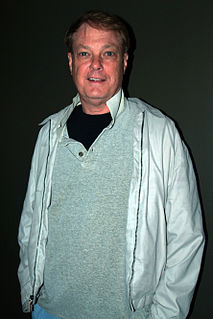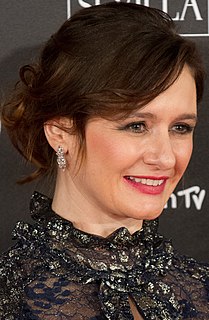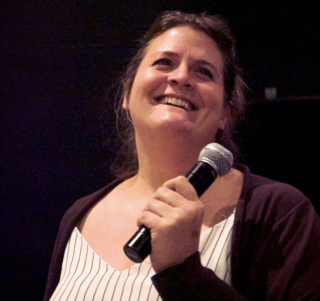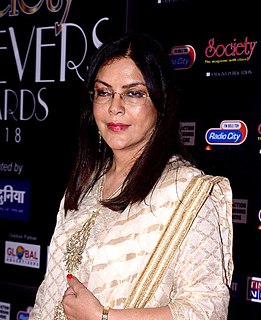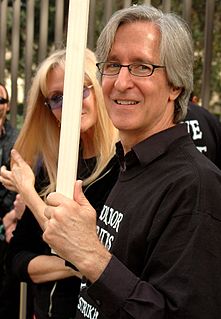A Quote by Joe Dante
When filmmakers are kept from making films, there's a lot of different reasons why. Sometimes you work on a film and cast it and do all the work and can be just a month away from shooting, and all of a sudden, the whole thing goes up in smoke. But I do think the advent of a digital revolution is going to provide people with opportunities to make films that they never would have had before. I think you can do some pretty credible stuff now with very, very little money. Which I think is great for young filmmakers.
Quote Topics
Advent
Away
Before
Cast
Credible
Different
Different Reasons
Digital
Digital Revolution
Film
Films
Goes
Going
Great
Had
Just
Kept
Little
Little Money
Lot
Make
Making
Money
Month
Never
Now
Opportunities
People
Pretty
Provide
Reasons
Revolution
Shooting
Smoke
Some
Sometimes
Stuff
Sudden
Thing
Think
Up
Very
Which
Whole
Why
Work
Would
Young
Young Filmmakers
Related Quotes
Even before the economic crisis in Greece there was no structure for making films - no proper industry, and the structure didn't help filmmakers at all. So filmmakers had to help each other, and make very, very low-budget films. Now with the crisis, things got a bit worse, but filmmakers are still going to be making films. It didn't change that much.
I don't think all films should necessarily look like they do on digital video. I think it cheats the audience, at some point. If you try to make an epic and you shoot it digitally, that doesn't make much sense. I think there's a certain kind of film that could be a "digital film." But it shouldn't be interchangeable with other films. It should be something more than just a capture medium. It should be a different form altogether, something new.
It's very difficult to find the time or the money for people to organize rehearsals for some movies. It staggers me how little preparation often goes into these scenes which are difficult and complicated. You think, "God, it's crazy. I've never met this person before and here I am having to work at how to do a whole performance on the set." It was great to have a few days of just talking to Michael [Caine] and Daniel [Barber] and thinking about the characters and the relationship between them before we started shooting.
[Steven Spielberg's films] are comforting, they always give you answers and I don't think they're very clever answers. The success of most Hollywood films these days is down to fact that they're comforting. They tie things up in nice little bows and give you answers, even if the answers are stupid, you go home and you don't have to think about it. The great filmmakers make you go home and think about it.
I think distribution has become a lot harder. With the whole explosion of digital video, there's just a lot more people making films. Distributors have a lot more choice. I do think there's an audience out there for small films. It's obvious to me what the studios do: they've co-opted independent film. They all have their independent arm. They can afford to crush the competition.
I think subjectivity plays into everything. It's unavoidable; you couldn't avoid it if you tried. I think, potentially, a lot more commercial movies, it seems to be that the people making the films are trying to elicit the same reaction. I think a lot of the most interesting work in art and in films are often kind of polarized opinions and affect people in very different ways, which may be less successful commercially, but they elicit a dialogue that's quite interesting.
I think that until a filmmaker knows that about him- or herself, the films they make will just be copies of other people's work. It's important for anyone who wants to make films for a living, but I think perhaps it has an even greater weight for female filmmakers since they represent a much smaller percentage of the population. Their voices are fewer so they must be even stronger.
What I want to do is make films that astonish people, that astound people, and I hope you want to do that too. It's easy to make money. It's easy to make films like everybody else. But to make films that explode like grenades in people's heads and leave shrapnel for the rest of their lives is a very important thing. That's what the great filmmakers did for me. I've got images from Fellini, from Bergman, from Kurowsawa, from Bunuel, all stuck in my brain.






